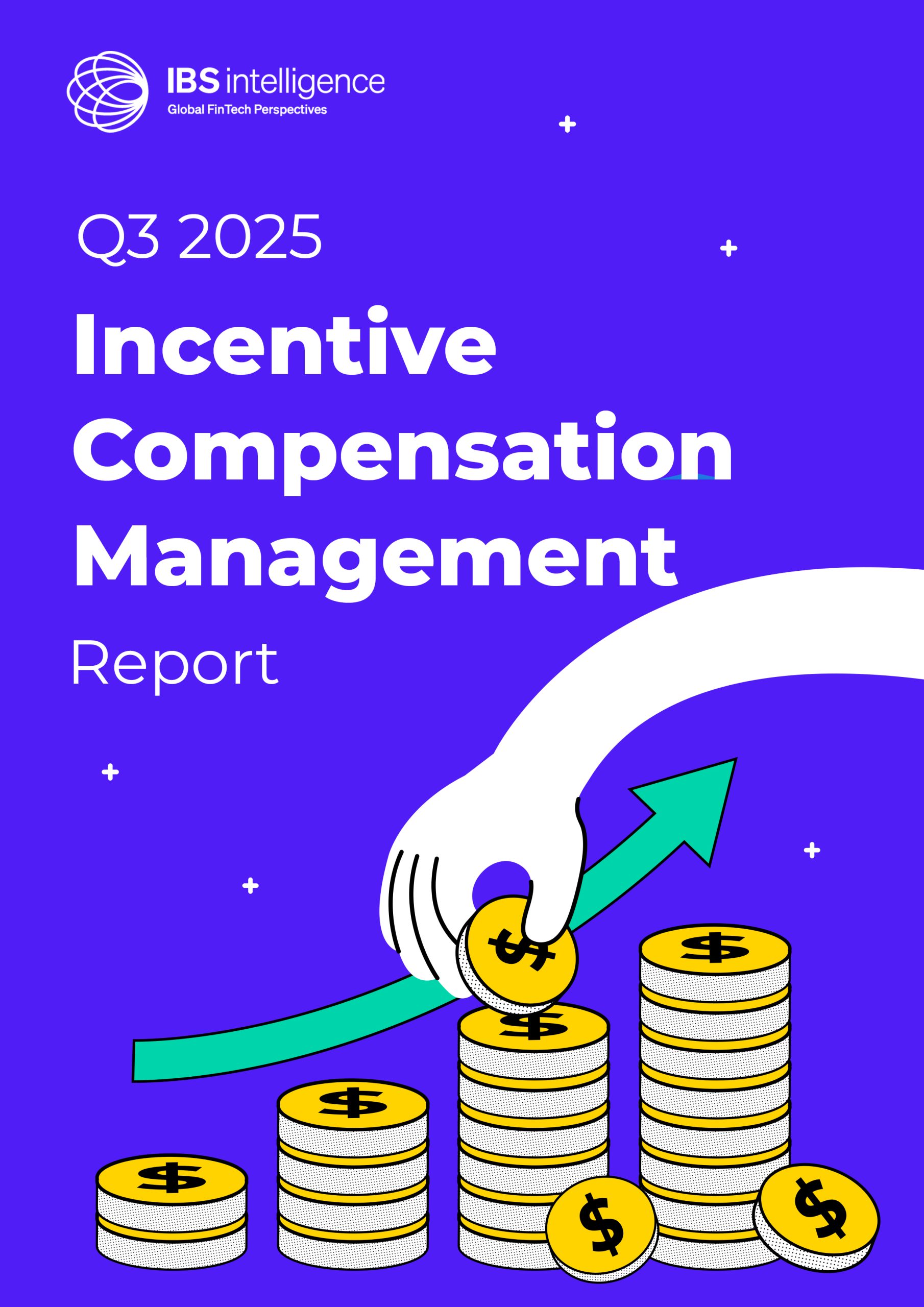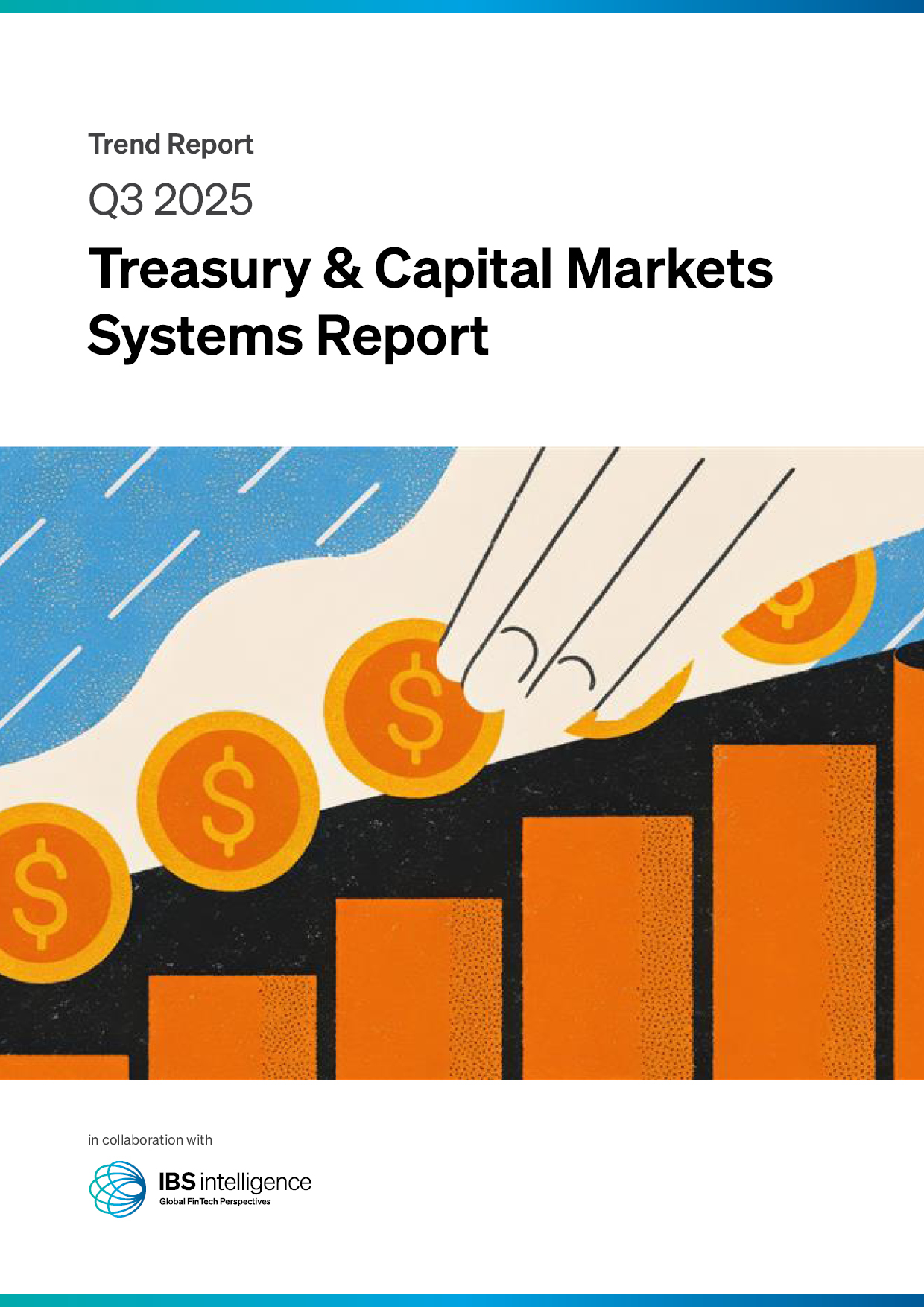 Back
Back
The Road to Regulation – how New Zealand set the standard

By Iana Vidal, Head of Policy and Government Affairs, Clearpay
Buy Now, Pay Later (BNPL) firms are waiting for the Government to lay final legislation in Parliament. After which, the FCA will consult and finalise the rules before they are enforced in 2026. The UK is following other markets, such as New Zealand, which has successfully introduced new protections for consumers using Buy Now, Pay Later. As the countdown begins, the UK should take lessons from New Zealand.
BNPL – an everyday payment method
BNPL has fast become a staple payment method for millions across the UK. Its flexibility offers consumers an easy way to spread payments without the risk of revolving in debt.
In 2024, around 380 million people used BNPL services globally, and as of this year, two in five UK adults (42%) have used BNPL services at some point, approximately 22.6 million people. This is up from 36% at the start of 2023.
The demand for BNPL isn’t slowing down. The UK BNPL market is forecast to grow from £30 billion in 2024 to £47 billion by 2029. Where there is rapid growth and innovation, there should also be sufficient safeguards to protect consumers, and the regulatory framework must be fair and consumer-focused.
Learning from New Zealand
Governments worldwide have recognised that BNPL is different to traditional credit products. New Zealand’s regulatory framework has been a much-needed acknowledgement that competition and choice is required in the consumer credit market.
Following months of public consultation, the New Zealand Government successfully expanded the Credit Contract and Consumer Finance Act 2003 (CCCFA) to include BNPL services. For the last six months, consumers have benefited from similar protections to those offered by other consumer credit contracts. Crucially, the legislation presents a tailored framework for the sector that acknowledges the service cannot be regulated effectively under a one-size-fits-all framework.
The New Zealand model is principles based and outcomes-focused. Consumer protections are central and provide strong safeguards without hampering innovation. In many ways this mirrors the UK’s Consumer Duty framework that came into force in 2023.
This outcomes-focused approach is a crucial learning for the UK. Currently, UK legislation includes a loophole that allows large retailers and big tech companies to offer unregulated BNPL products after regulation is introduced in early 2026. If this exclusion remains, it will create inconsistency for consumers, leading to confusion as to their rights and potential harm. For the best possible outcome, all BNPL providers must be held to the same standards.
Protecting consumers whilst supporting innovation
For Clearpay’s New Zealand equivalent, Afterpay, this outcomes-focused approach to regulation has been transformative.
The UK must recognise the value of proportionate regulation – it empowers safe innovation in the market and builds trust for all involved. In New Zealand, this has enabled Afterpay to put consumers at the very heart of their products, protecting them from financial harm while offering them access to low-cost credit. Since these rules came into force, the enhanced data Afterpay receives about customers under the new regulatory regime is allowing the provider to better personalise its service from day-one of use.
Learning from this approach would allow BNPL providers like Clearpay to explore innovation, within set parameters, even further. With the disapplication of outdated provisions in the Consumer Credit Act, and the expected introduction of FCA rules that are tailored to the way BNPL is used by customers, BNPL providers could respond to consumer demand and fill the gap where credit cards are failing.
Once legislation is laid in Parliament, the FCA’s interpretation and implementation of the rules will be paramount to ensuring a regulatory framework that is fit for purpose to service both consumers and the retail sector. Ultimately, it will signal to the world that UK Plc welcomes FinTech growth and innovation – attracting the next generation of tech talent and investment.
IBSi News
Get the IBSi FinTech Journal India Edition
- Insightful Financial Technology News Analysis
- Leadership Interviews from the Indian FinTech Ecosystem
- Expert Perspectives from the Executive Team
- Snapshots of Industry Deals, Events & Insights
- An India FinTech Case Study
- Monthly issues of the iconic global IBSi FinTech Journal
- Attend a webinar hosted by the magazine once during your subscription period
₹200 ₹99*/month
* Discounted Offer for a Limited Period on a 12-month Subscription
IBSi FinTech Journal

- Most trusted FinTech journal since 1991
- Digital monthly issue
- 60+ pages of research, analysis, interviews, opinions, and rankings
- Global coverage






